The value of a home changes depending on many factors. Whether you are a buyer or seller, you will hear two prices being thrown around. These “prices” are called assessed value and market value. So, what’s the difference?
Typically, the assessed value is lower and both numbers are used in different ways. When selling your home, it is important to use these two terms to your advantage, so let us clarify the difference between the two.
What is market value?
The market value of your home is the price that is most likely what someone would buy your home for, and you would be willing to accept.
There are many characteristics that contribute to this estimation. These features include, but are not limited to:
. Curb appeal.
. Size and number of rooms.
. What other homes in the area are selling for.
. The number of buyers and sellers in the area.
. The neighborhood and nearby schools.
. Crime rate.
Listing agents use your home’s market value in order to come up with a fair asking price for the property. This number can also be calculated by an agent helping you to buy a home as well. If they do not believe the seller’s asking price is accurate, the buyer’s agent is able to determine the homes approximate value.
However, there is no right or wrong market value. The ultimate factor comes down to what number the buyer and the seller are willing to settle on.
What is assessed value?
Municipalities and counties require that an individual be employed to place value on Real Estate so that property taxes can be levied.
Some of the factors that are involved in this assessment are the value of recent home improvements, what other homes in the area are selling for, any income you may be earning from renting space on the property, and any costs that might arise from damage due to natural disasters.
The assessor then figures the assessment value of your home and subtracts any tax deductions you may qualify for. This number is then multiplied by an “assessment rate” or “assessment ratio”, which is a percentage set by each tax jurisdiction. This percentage is usually 80% – 90%. The final result is the taxable value of your property.
The higher the assessed value, the more you will have to pay in tax. You can contact your local tax collector at the following link for more information: https://publicrecords.netronline.com/.
The bigger picture
Market values can easily rise and fall, but your home’s assessed value is not as sensitive to changes. Many states even prohibit the assessment from rising if the market value goes up.
It isn’t uncommon for your property to be assessed at a lower amount; this does not mean that your property value is actually less. A lower assessment only means a lower tax bill. As a home buyer and seller, the market value is your main concern.
However, a buyer should still be aware of the assessed value if it seems to be way off from the market value. If the assessed value is $340,000 and the market value is at $400,000 – that’s a bit of a jump.
At the end of the day, the most important number is the one the buyer and seller shake hands on.

